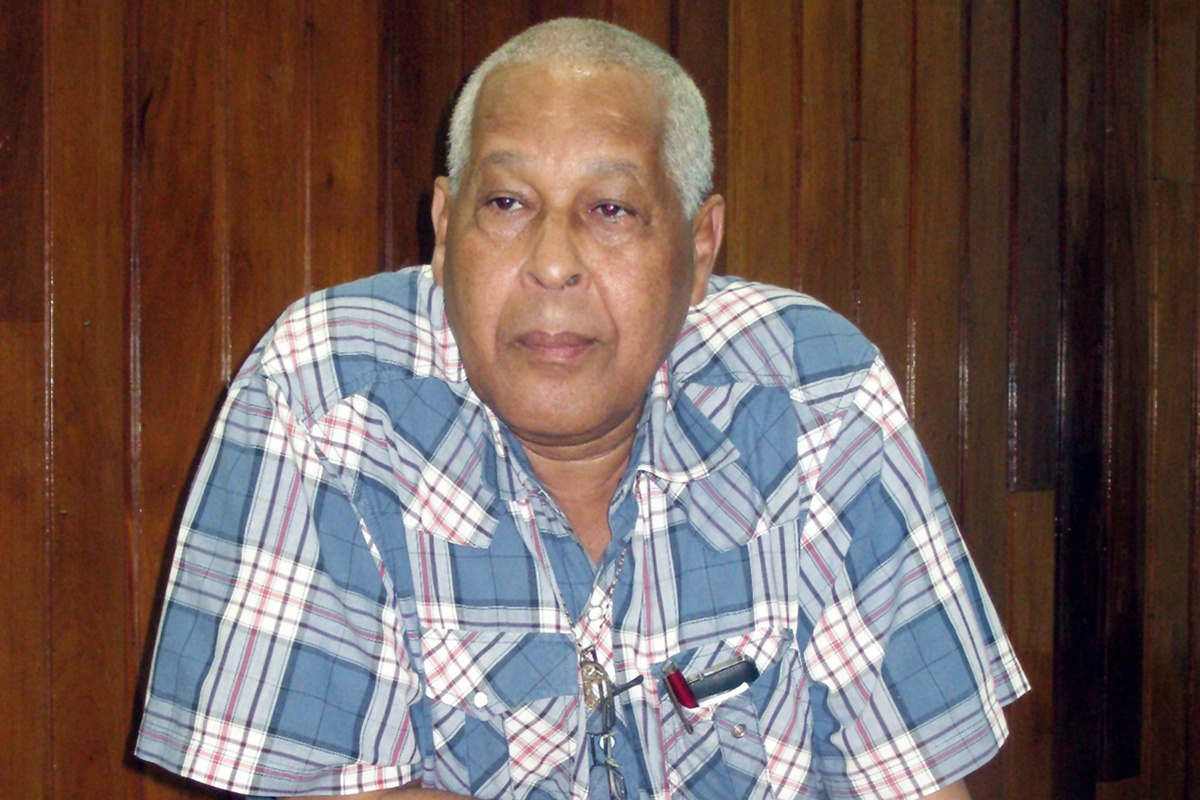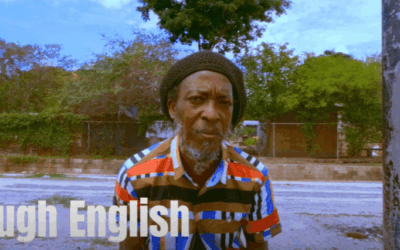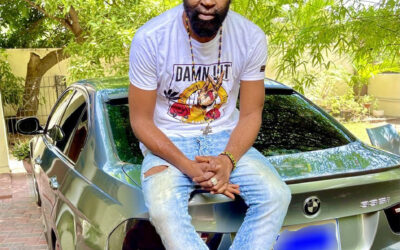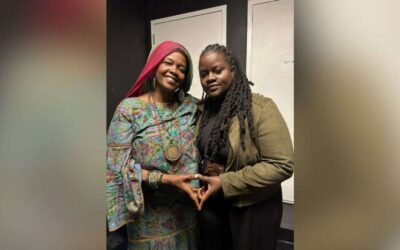Lloyd “King Jammy” James, the man regarded as the undisputed king of computerized, digital Reggae/Dancehall music, will be honored in a special tribute during Reggae Sumfest’s Concert Night Two on Saturday, July 22 in Montego Bay.
Dancehall veterans Lieutenant Stichie, Big Belly Man deejay Admiral Bailey, Pinchers, and Chaka Demus will headline Sumfest’s Tribute to the sound system selector and producer, who kickstarted their careers in the 1980s.
Downsound Entertainment and Reggae Sumfest’s Marketing Strategist Skatta Burrell made the announcement on Instagram on Thursday.
“Meet us in Montego Bay, Jamaica, on July 22nd at Reggae Sumfest 2023 to pay special tribute to the dancehall godfather, the man himself, King Jimmy. The baddest selector of all time,” the announcement read.
The quartet will be joined by Leroy Gibbons, Bunny General, Chuck Turner and Aza Lineage, in the showcase which is expected to be conducted along the lines of the 2022 Reggae Sumfest Madhouse Tribute to legendary Dancehall producer and songwriter, Dave “Rude Bwoy” Kelly.
In March this year, Lieutenant Stitchie had expressed gratitude to ‘King Jammy’ for his role in kickstarting his illustrious Dancehall career, back in the 1980s.
Stitchie had recorded his first album Wear Yuh Size in 1987, (which was also named Great Ambition by Jammys, for the overseas market).
Jammys was also responsible for recording Stitchie’s most memorable track, the hit Wear Yuh Size, about a love interest who forced her feet into a tiny pair of shoes and ended up being a public laughing stock in Cross Roads.
Admiral Bailey had revealed in March 2022, that King Jammys had crowned him his “B-flat deejay” in the 1980s.
Jammys produced numerous hit songs for Bailey including mega hits Punnany, Bumper Bottom, Healthy Body, Old Time Something, Red Eye, Girl of My Dream, Action Pack, and the iconic Big Belly Man.
Reggae fans have expressed pleasure with the news that King Jammy was to be honoured.
“Well deserve… time fi we salute and honor the veterans while they are alive and not when them dead. What can they do with awards in the grave?” crystal_armyquen noted on Reggae Sumfest’s IG page, while kingstonflava added: “Punaaany is the greatest dancehall riddim of all time this man response for it”.
“We take great pride in recognizing incredible talents, who have helped to shape our music culture. It is an honor for us to pay tribute to their extraordinary contributions to the world of music, and we are committed to celebrating their work whenever possible. Thank you for your interest in our efforts to honor these remarkable musicians. Hope to see you there!” was the response from the Sumfest team.
King Jammy holds the distinction of being the producer who masterminded juggling riddims back in 1981. That feat came when he collaborated with Wayne Smith, and his friend Noel Davy to transfigure the preset rhythm pattern programmed into the Casiotone keyboard, released in 1981, and use it as the backbone for Smith’s revolutionary song Under Mi Sleng Teng.
The Sleng Teng riddim, which was co-produced by Jammy, was a pioneering riddim for Dancehall’s digital age, as it was among the first entirely digitally produced riddims, for which no musicians were used to play instruments live in the studio.
King Jammy had made Sleng Teng into Jamaica’s first juggling riddim (ie. A series of songs on a single rhythm), this after Under Mi Sleng Teng blew up the first night it was played. Based on the overwhelming response to the song, which made Wayne Smith into a star overnight, King Jammy then decided to embark on a recording spree before other producers could make knock-off versions of the riddim.
Out of that recording frenzy, came songs such as Call the Police by John Wayne, Trash and Ready by Super Cat, and Tenor Saw’s Pumpkin Belly.
The iconic Sleng Teng became one of the most re-recorded Jamaican riddims of all time, with more than 500 songs on it to date.
Where King Jammy’s early beginnings is concerned, he was involved in the sound system business from a very early age. He started out building amplifiers and repairing electrical equipment from his mother’s house in Waterhouse, and later created his own sound system.
After migrating to Canada in the 1970s, King Jammy returned to Kingston and set up his first studio, in his native Waterhouse, while working with acclaimed producer King Tubby’s team. He began releasing his own productions in the late 1970s, among them the debut Black Uhuru album. He went on to produce songs for hundreds of rising Reggae and Dancehall artistes such as Junior Reid, Half Pint, Echo Minott, and later Bounty Killer in the early 1990s.
Jammys studios has produced thousands of songs over the decades and approximately 100 riddims, including scores of seminal riddims such as I Love King Selassie (1977), Water Pumping (1983), the legendary Duck Dance (1985), Chase Vampire (1986), Punany (1986) and Agonyin 1987.
In the 1990s, Jammys produced Bandelero, Magician, Passport Buddy Butterfly, and Carnival beats, as well as the Book Book Book riddim with Jazzwad.
Incidentally, Jammy’s last huge riddim was the Sleng Teng (Resurrection) in 2005. That riddim featured songs such as Wayne Smith and Bounty Killer’s Sleng Teng (Resurrection) collab, Sizzla’s Someone Loves You, Mad Again by Ninjaman, Bushman’s Darkest Nights and Vybz Kartel’s Number One.




